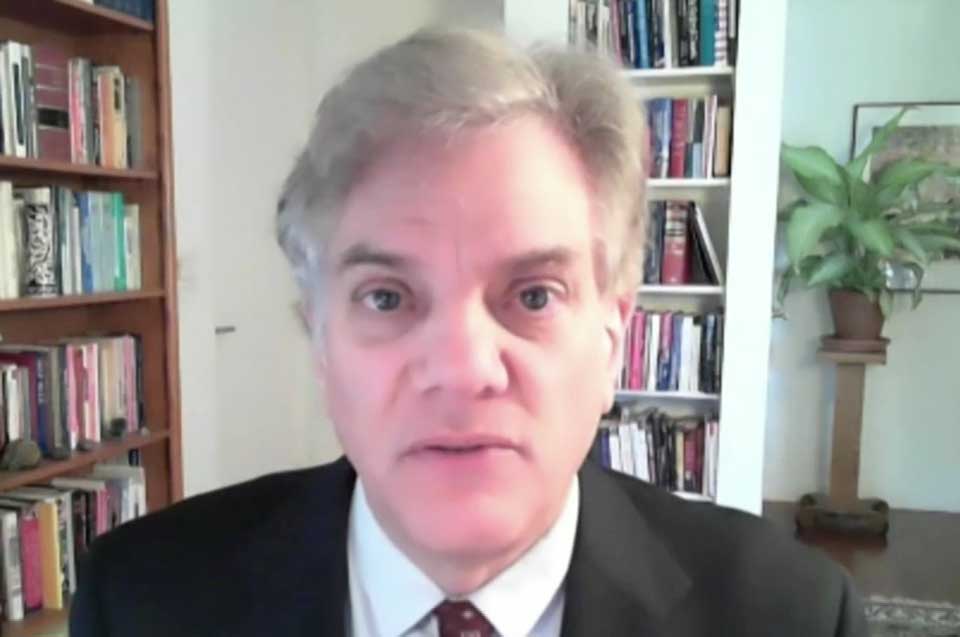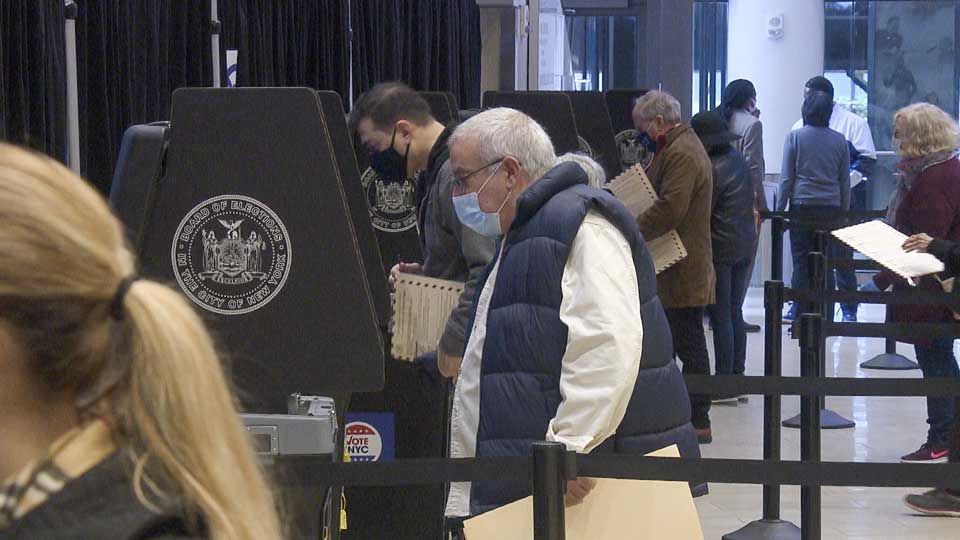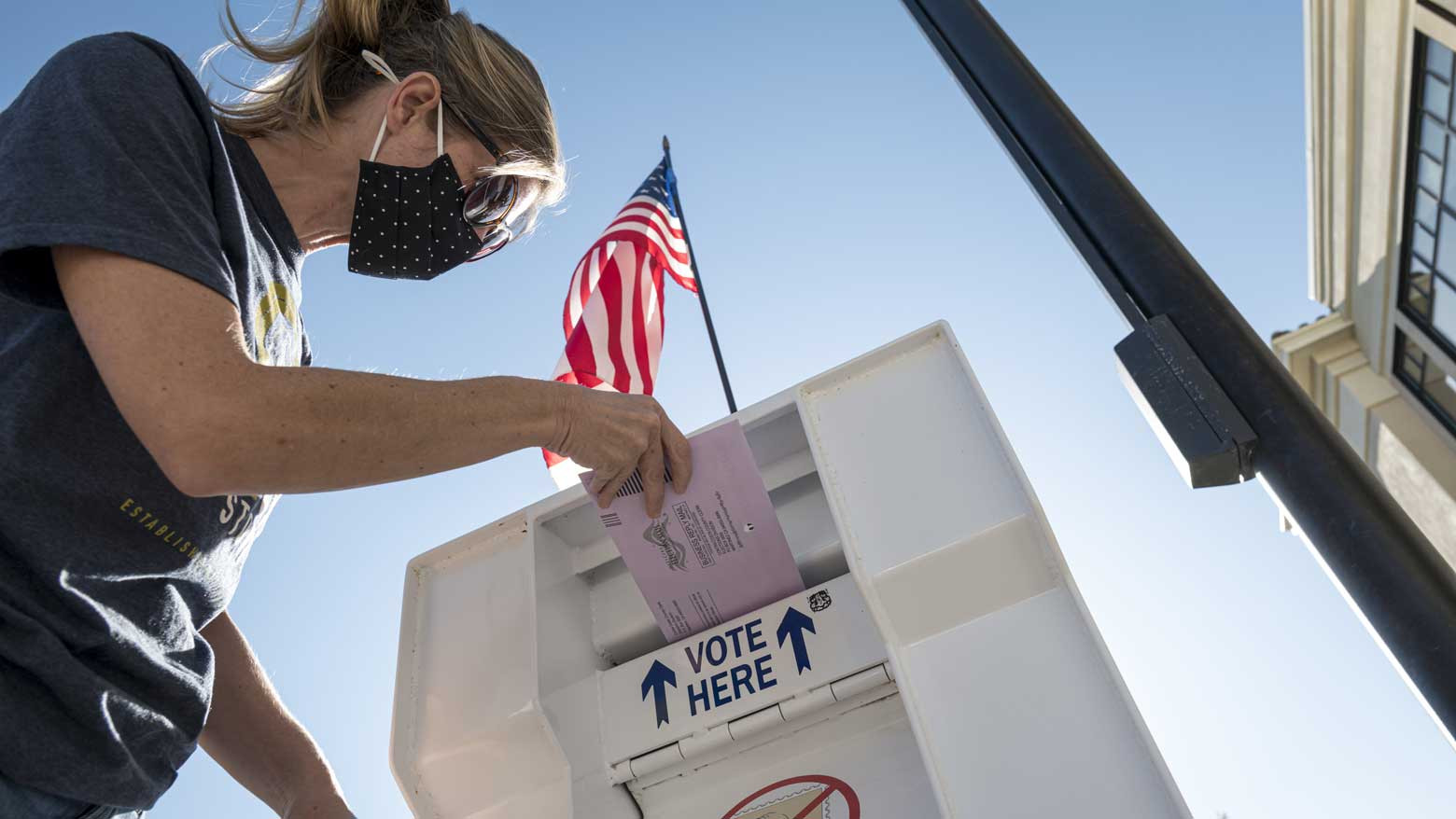Why has mail-in voting become a point of contention?
Prof. Pildes: Normally, we have very low levels of mail-in voting, but because of coronavirus, many states are going to have 10 times the number than they normally do. And mail ballots are more complicated than when you vote in person. There are things that have to be done to make sure the ballot is secure — that you are actually the person who cast the ballot — and that creates complexities that voters have to realize that they have to comply with.

Are there any other consequences? It seems that there may be significant delays in counting the ballots.
Yes. There are three big issues with the absentee ballots. First, they do get rejected at higher rates than in-person voting because there are different rules for absentee ballots, and most voters aren't familiar [with them]. Second, we worry about delays in the mail and whether ballots will come back on time. And then third, they will delay the count in some critical states, Pennsylvania in particular. So those are three challenges that absentee ballots pose, some for voters, some for election officials.
We expect vote counting to take quite some time.
This year, in some states, vote counting will take longer than usual. But it won't be that way in all states, and many states will be able to finish their count even late election night or early the next morning. And depending on how the vote goes in those states, we may know clearly who's going to win the election relatively early, even if the networks on television cannot formally declare a winner for more than another day or two.

What are some necessary measures to ensure a smoother election process?
The most important is to allow election officials to do all of the processing of these absentee ballots earlier than Election Day. Some states allow them to get started three weeks in advance, but some key states — Pennsylvania and Wisconsin — do not allow their election officials to start processing these ballots until Election Day. And that inevitably means the count is going to be delayed. This could be a difficult and potentially explosive situation, depending on how close the election is this year.
If the election is close, what could lead to contested results?
The fact that we have this huge volume of absentee ballots opens up some obvious possibilities for challenges, both in the counting of those votes and then in the courts when the way those votes are counted is challenged in litigation. So, if the election is close, we would anticipate lots of litigation over absentee ballots in key states.
What is the process if the election is contested?
The first phase of challenges is with the election officials, as they make decisions about whether ballots are valid or not valid. The second stage would be taking those issues to the courts, which could involve federal courts, including the Supreme Court. And then the final stage of challenges would be with Congress when it receives the votes from the Electoral College in early January. And that's the ultimate form for the resolution of a contested presidential election.
If the results are contested, which institutions other than the Supreme Court will play a key role?
In the United States, we don't have the kinds of institutions many countries have to help resolve a disputed election. We don't have independent election commissions, so we rely on election administrators in the states, many of whom are actually elected. And then, by default, that brings the courts into a major role in working out any election disputes. And then, ultimately, for the presidential election, Congress has the power to decide how to count the electoral votes that come in and to resolve any disputes about those votes.

How long can these disputes last?
The president's term ends by virtue of the Constitution on January 20th, no matter what else happens. The Electoral College votes on December 18th, and presumably we would certainly like any disputes to be resolved before [then]. That's six weeks after the election. Now, if the election is not close, we'll have a clear answer within a day or two of election night. So, these scenarios that we worry about depend on the election being very, very close, which is an unusual experience.
What are some consequences if there are significant delays in getting the complete results?
The worry is that we are in a very toxic moment in the political culture in the United States. Both sides are already prepared to believe the election is being rigged if their candidate loses. So, if the process gets drawn out too long, I think that will open up opportunities for conspiracy stories, for claims that the election is being rigged, and that would be dangerous. To be honest, we are not in a peaceful, calm moment in the United States. And given the role social media now plays in spreading rumors, conspiracy stories, and misinformation, it's easy to anticipate that that there would be a lot of fuel being thrown on the fire.
What would happen if either side refuses to commit to a peaceful transfer of power?
Of course, we've never had any issue in the United States about the peaceful transition of power and the losing side accepting the results of the election. So, I would certainly expect that not to happen this year, though there are more anxieties about it. If there were resistance, the political leadership of the country would have to rally and unify behind the peaceful transition of power. I expect that that's what would happen in the United States. Again, we've never had any even remote risk that there would not be a peaceful transition of power.
On Inauguration Day, we will definitely have a president here in the United States.
I would say on Inauguration Day on January 20th, we will definitely have a president, whether it's President Trump being re-elected or former Vice President Biden taking the oath of office.

